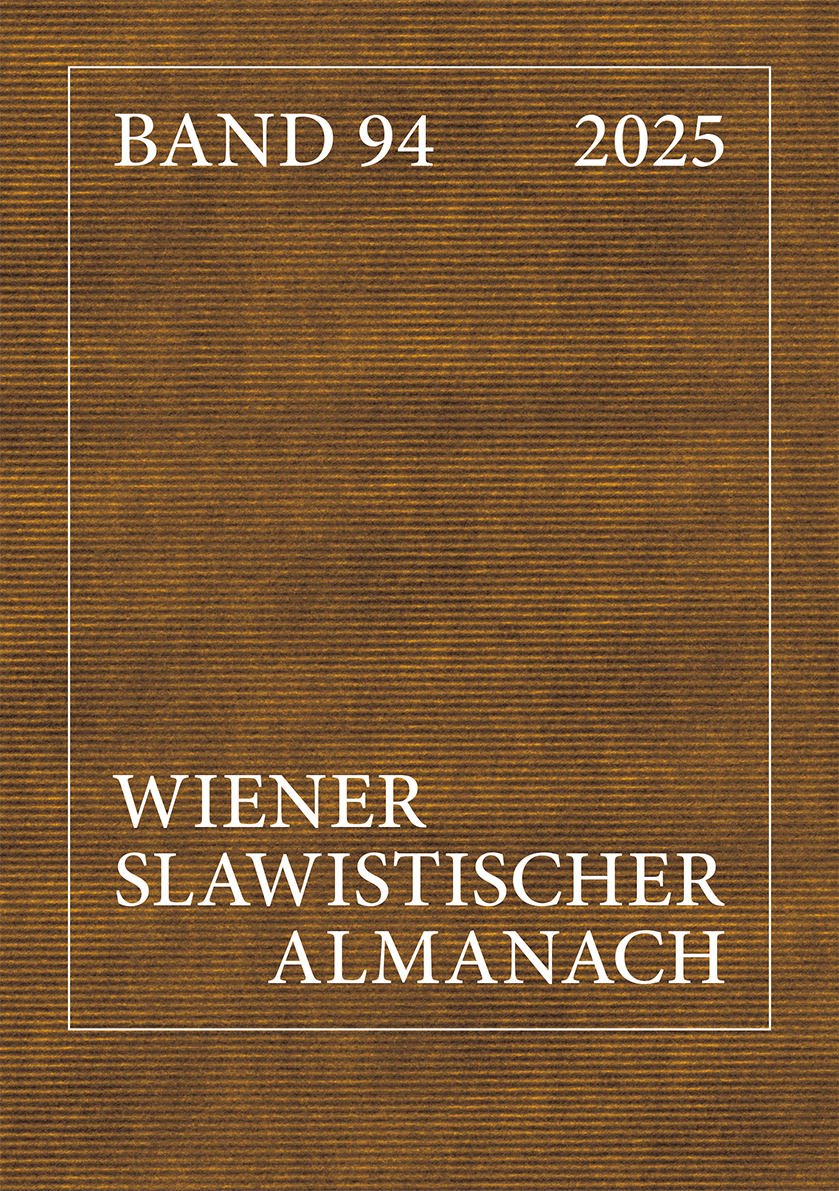Александр Исаевич сердится (об отклике А. Солженицына на фильм А. Тарковского «Андрей Рублев»)
Veröffentlicht am 08.08.2025
Schlagwörter
- Aleksandr Solzhenitsyn,
- Andrei Tarkovsky,
- Andrei Rublev,
- Russian émigrés
Abstract
This article explores the reasons behind writer and publicist Aleksandr Solzhenitsyn’s negative reception of Andrei Tarkovsky’s film Andrei Rublev. During their years in the Soviet Union, Solzhenitsyn and Tarkovsky held partially similar ideological positions. However, in exile, Solzhenitsyn sought to identify periods in Russian history when rulers, instead of senselessly and ruthlessly oppressing their subjects – as in the Soviet era – made efforts to improve their lives. One such period, in his view, followed the Battle of Kulikovo and coincided with the flourishing of the iconographer Andrei Rublev’s art. Accordingly, Solzhenitsyn accused Tarkovsky of slandering Russian history, interpreting the film strictly as a historical narrative and disregarding Tarkovsky’s intention to portray the formation and evolution of a great artist’s worldview rather than to create a historical chronicle. The article also shows that other representatives of the Russian emigre community shared Solzhenitsyn’s critical perspective on Andrei Rublev.
Zitationsvorschlag
Copyright (c) 2025 Oleg Lekmanov (Autor/in)

Dieses Werk steht unter der Lizenz Creative Commons Namensnennung 4.0 International.

